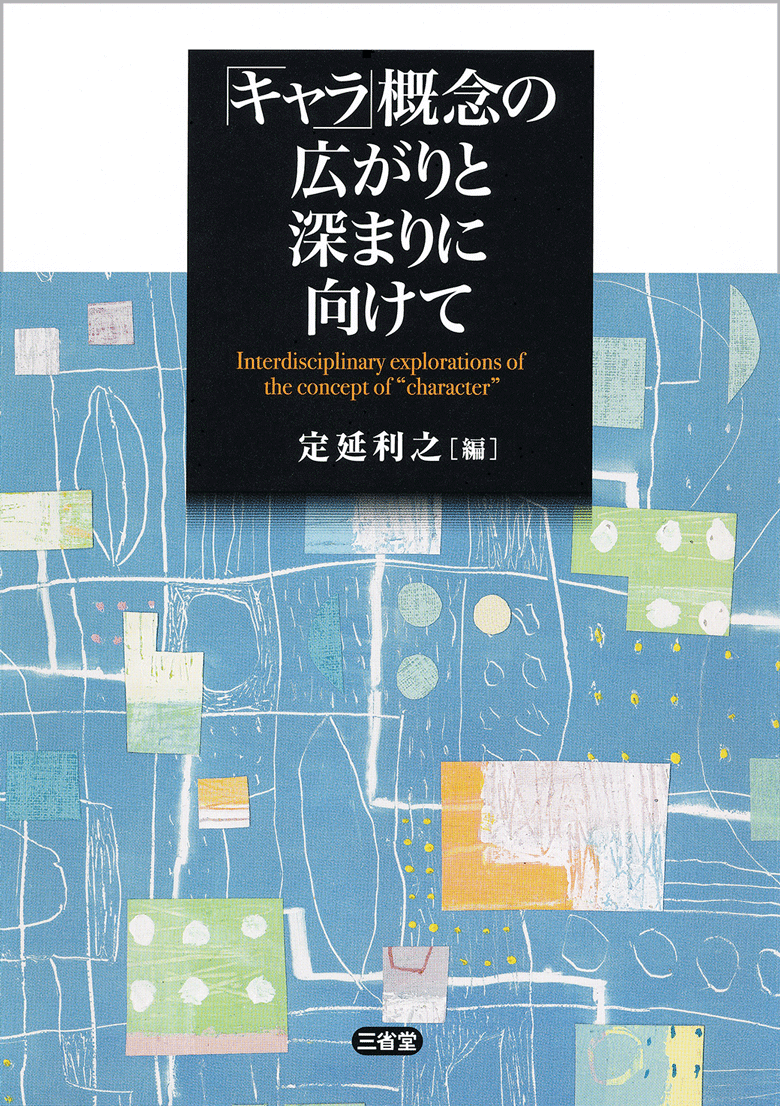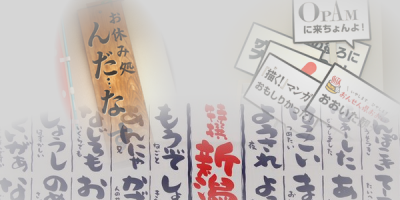
My digression about carpet salesmen notwithstanding, I wish to return to my previous topic (from the post before last): unlike one’s style, one’s character is not expected to change. What happens if one’s character changes? Well, it is most “unseemly.”
A quite direct example of this is the case of some friends, who saw a usually quiet, modest acquaintance of theirs getting angry at a sales clerk. Completely losing her cool, the woman dropped her normal demeanor and style of speech to berate the clerk. Upon seeing this, her friend said coolly, “She had a change of character (lol!)”
A passage in Fumiko Hayashi’s (1903–1951) Hourouki (English: Vagabond’s Diary) describes how a man, who had been living with his fiancée, finally returns to his hometown to announce their engagement. However, he has a change of heart when his family proves opposed to the marriage. Obviously, the protagonist (the jilted woman) is shocked and loses hope of ever marrying the man, but she makes no moral criticisms of him. Rather, the way in which the man changed between the time when they were living together and now, in other words his “change in character,” is repeatedly emphasized.
The man, who had seemed so heroic while living with the woman, telling her to “trust me,” became completely “spineless,” surprising the protagonist when he visited her with his “faltering gaze,” and “drooping neck.” He had completely accepted his father’s words “without so much as a word on my behalf.”
In the passage, he followed behind the protagonist with a box of sweets she had given him, because his mother had told him to return them to her. Even after the protagonist, disgusted by his “timidity” hurled the sweets into the ocean, he continued to follow her around “like a dog until all hours, in a gloomy silence.”
In short, rather than being portrayed as a villain for breaking his promise, the man is simply portrayed as pathetic. For a man, this is probably a worse fate. He is pathetic precisely because he is unable to maintain his character, and changes. He cannot excuse his action by saying he was simply “selectively using different styles of speaking for different people.” Unlike one’s style of speaking, one’s character must never change depending on the person. It is mortifying to be unable to maintain a consistent character; the criticism that one is inconsistent with the image one presents to others not only diminishes one as a person, but perhaps does so more effectively than any moral condemnation.
In Japanese society, the criticism that someone’s “change in character” can potentially constitute a very strong attack on that person. If that person is deserving of sympathy, one might also withhold such criticism to avoid attacking them where they are weakest.
Shiomi, a tuberculosis patient who appears in Kusa no Hana, by Takehiko Fukunaga (1918–1979), always behaves with detachment in the sanatorium where he’s staying. In fact, previously while at a different sanatorium, he attempted suicide, and is also a Christian.(1) Although protesting that it would be “terrible to tell this to anyone” the patients of his old sanatorium tell everything to the story’s protagonist because it is an “interesting story.” The protagonist, who is intimate with Shiomi, is surprised, saying, “That’s not like him at all. It’s as if he’s a different person.” The protagonist then hesitates to confront Shiomi with this information.
Why do the other patients find Shimi’s story interesting, even while knowing it’s wrong to do so? And why does the protagonist hesitate to tell his story to him? The answer is: it constitutes a change in Shiomi’s character.
* * *









(1) The Kansai region is located in the southern part of Japan’s main island. This region, Osaka in particular, is known for its unique dialect of Japanese and the aggressiveness of its salespeople (both of which the carpet salesman seems to have mastered).